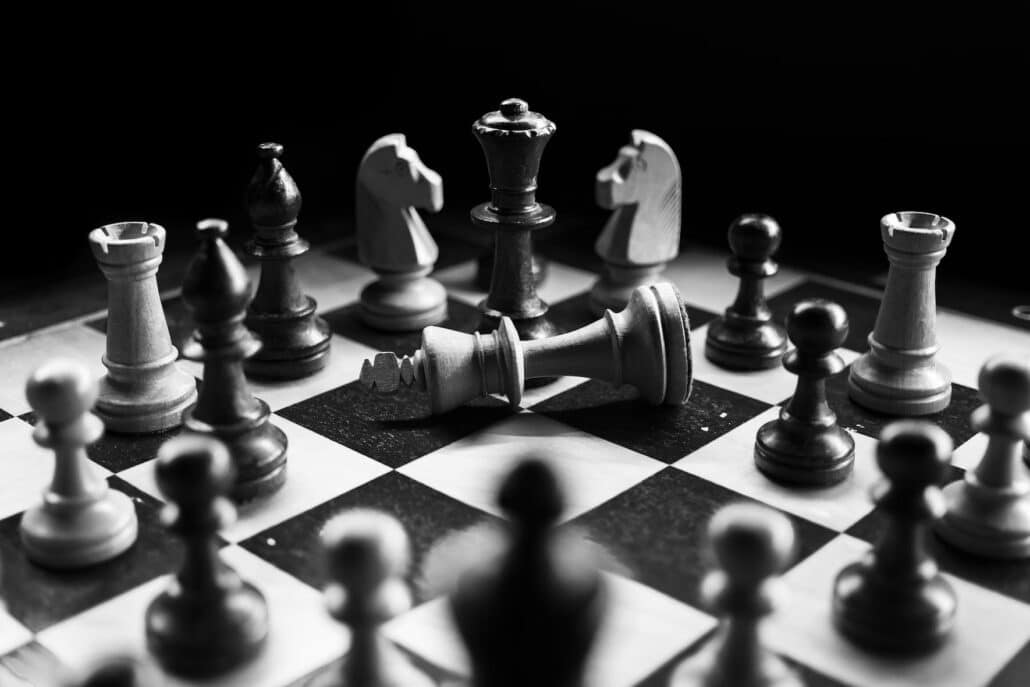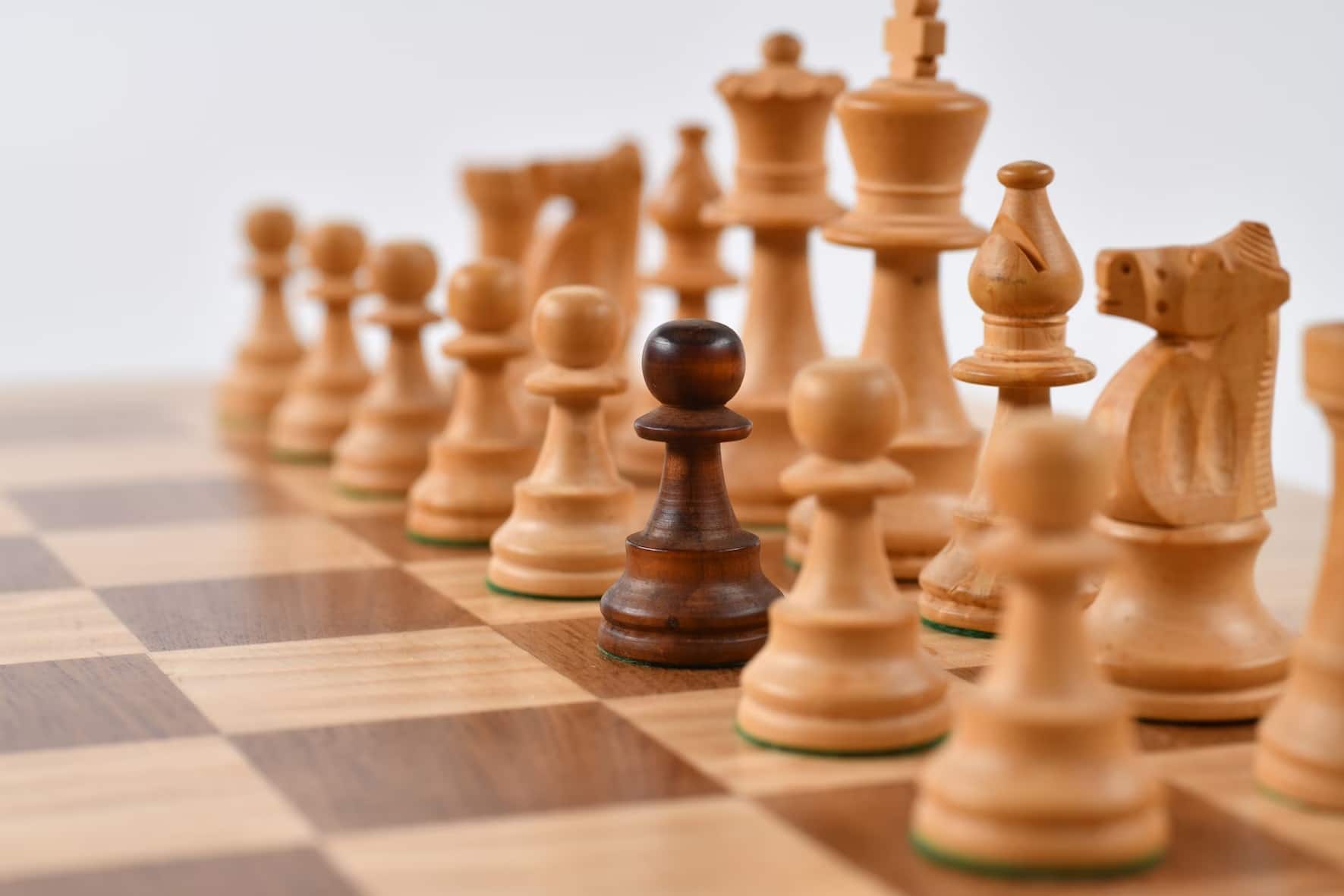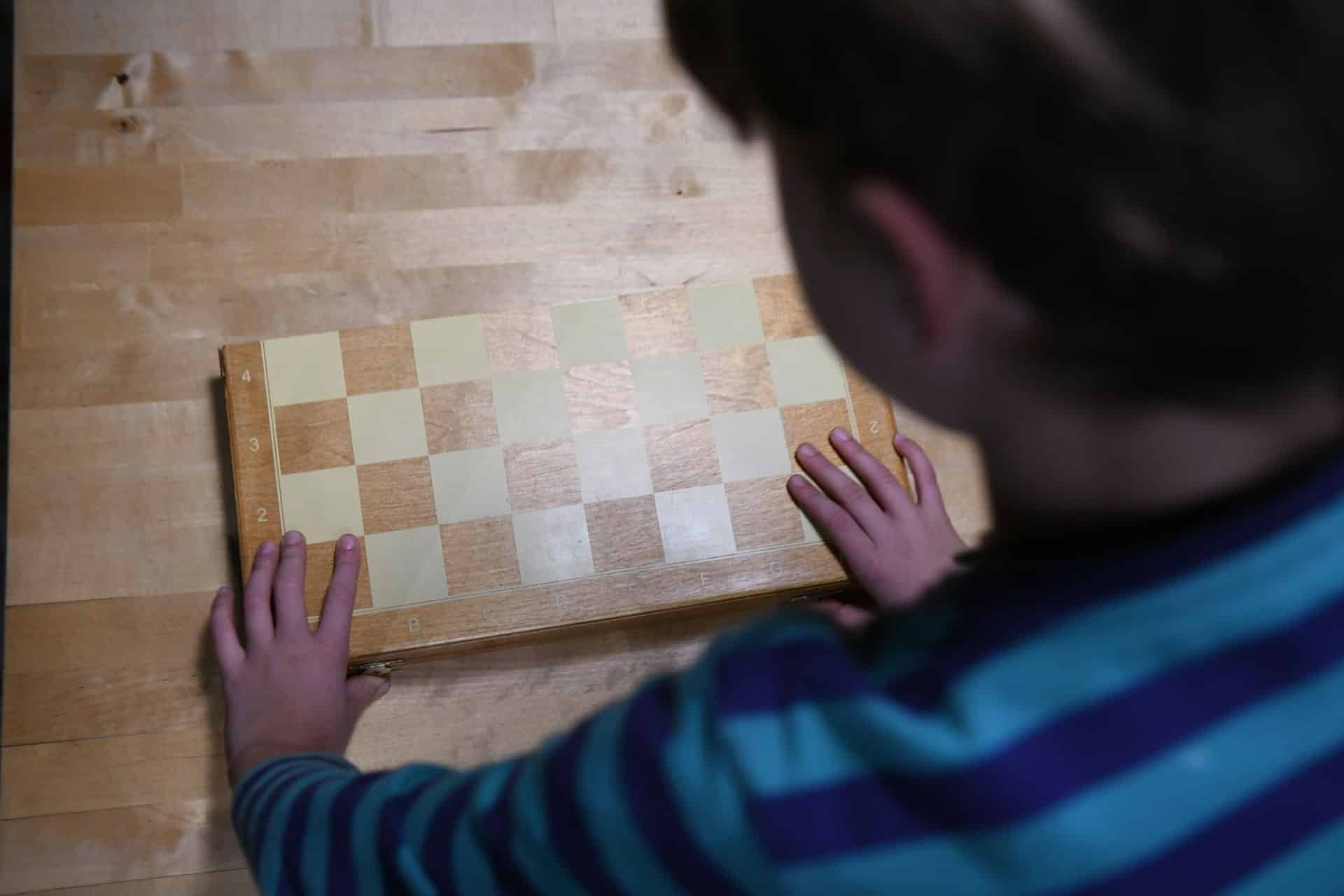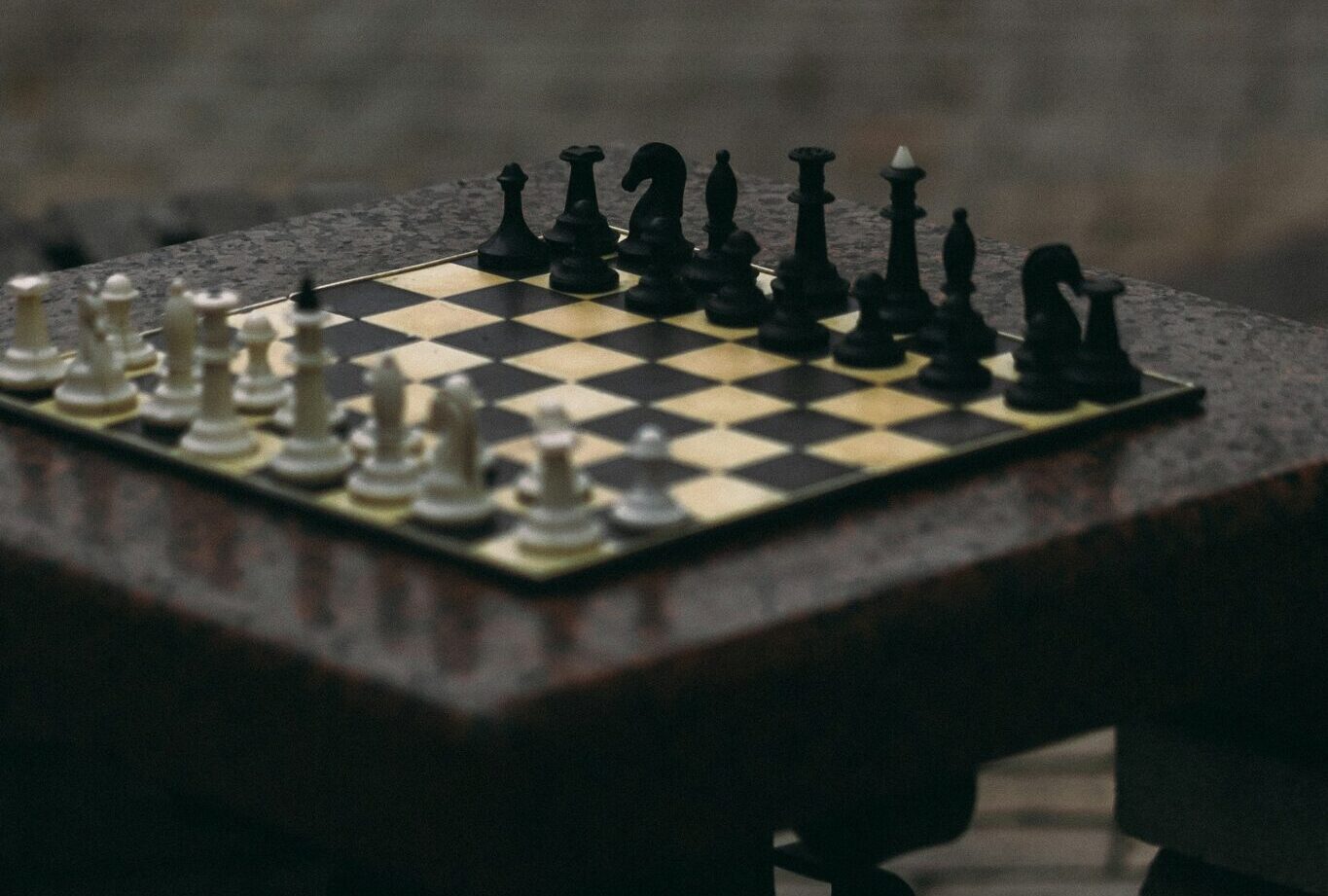Amidst the intricate fabric of human history, two seemingly disparate domains have stood as bastions of intricate cogitation and sagacity over extensive epochs: Sun Tzu's profound tome, “The Art of War,” and the intricate pastime of chess. Despite their cultural divergence and temporal separation, a confluence of cerebral notions emerges when these elements amalgamate, yielding an exquisite symphony of astute concepts that transcend temporal and spatial boundaries.
Delving into the tenets of “The Art of War” and the strategic paradigms inherent in chess, we unearth a precious compendium of insights that transcend mere conflict and recreation. These revelations furnish us with vital erudition regarding judicious decision-making, adaptability and acquisition of knowledge, and the cultivation of profound cogitative acumen.
Table of Contents
Enduring Relevance
The very notion of drawing parallels between “The Art of War” and chess strikes a harmonious chord, highlighting the enduring relevance of these timeless principles. Just as Sun Tzu's wisdom guided ancient commanders on the battlefield, the strategic complexity of chess has captivated minds for centuries. Both pursuits entail the orchestration of moves to achieve victory, emphasizing the power of foresight, adaptability, and calculated decision-making.
This juxtaposition underscores the universality of strategic thinking, proving that the tenets that guided generals of old are equally applicable in the world of intellectual competition. Literature students and not only discuss “The Art of War” by Sun Tzu in college, as it is relevant to today’s world. Getting an education is not only about following the traditional path. It is about thinking outside the box too. So, it might be the case that every student has to write a legit essay about this book or with other topics related to the army, such as the SHARP program. However, you may not always know where to start or how to present your point of view so that you submit a legit essay. Here you can get the help of legit writing services such as grades fixer there they will help you write essays related to the army not only. Check this site and read an essay service review to see that their services are exceptional.
Sun Tzu's Principles and Chess Strategies
At the heart of Sun Tzu's philosophy lies the indomitable dictum: “Know yourself and your enemy.” This fundamental principle underscores the importance of comprehensive self-awareness and an intimate understanding of one's adversaries. Remarkably, this wisdom resonates strongly within the realm of chess. Competent chess players must meticulously dissect their own strengths and vulnerabilities while simultaneously deciphering the playing style and tactics of their opponents. The insight that Sun Tzu offers into tailoring strategies to exploit the enemy's weaknesses seamlessly aligns with chess players' propensity to adapt their tactics based on their opponents' openings, historical gameplay, and tendencies.
The very essence of chess lies in controlling the board and strategic positioning. Chess, as a microcosm of tactical warfare, compels players to vie for territorial dominance, mirroring a general securing strategic points on a battlefield. Sun Tzu's emphasis on the occupation of advantageous positions and encircling opponents to restrict their movements echoes in chess strategies of central control, precise piece coordination, and maneuvering to create potent tactical threats. The anticipatory aspect of chess, wherein players forecast opponent moves and counteractions, finds an intellectual parallel in Sun Tzu's wisdom of understanding an enemy's intentions and thwarting them before they solidify into a tangible threat.
Applying Tactical Thinking in “The Art of War” and Chess
A cornerstone of Sun Tzu's teachings is the concept of “winning without fighting“. This principle underscores the brilliance of achieving victory through psychological and strategic maneuvers rather than direct combat. This philosophy finds a poignant echo in the chess arena.
Chess players are engaged in a constant battle of wits, striving to checkmate their opponents through shrewd positioning, tactical traps, and the creation of an illusion of vulnerability. Much like Sun Tzu's emphasis on deception, chess players entice opponents into traps, sacrifice pieces for positional superiority, and manipulate perceptions to exploit their adversaries' overextensions.
The intricate interplay between offensive and defensive maneuvers emerges as an intrinsic facet within both “The Art of War” and the realm of chess. In the wisdom imparted by Sun Tzu, the sagacious commander eschews impulsive aggression, opting instead for well-timed strikes during propitious moments. This mirrors the modus operandi of chess practitioners, who exercise prudence to avert overextension and vulnerability to retaliatory assaults. The intricate stratagems of chess epitomize this delicate equilibrium – audacious offensives must harmonize with steadfast defenses, mirroring Sun Tzu's guidance to meld boldness with circumspection to attain triumphant results.

Psychological Manipulation and Strategic Decision Crafting
Sun Tzu's profound dissection of the psychological dimensions inherent in warfare draws a remarkable parallel to the realm of chess. Penetrating the recesses of the adversary's psyche, a fundamental doctrine within Sun Tzu's philosophy intertwines innately with the psychological symphony of chess. In this arena, contenders engage in cerebral combat, endeavoring to prognosticate adversaries' maneuvers and forge counterstrategies. The intricate ballet of prognosticating and undermining rival tactics amalgamates the psychological facets embedded within “The Art of War” and the domain of chess.
Strategic decision forging constitutes the bedrock of both “The Art of War” and chess. Sun Tzu's exhortation to orchestrate multitudinous moves ahead seamlessly coalesces with the strategic mentality demanded by chess, where participants must envisage potential aftermaths of their actions and subsequent adversary retorts.
The cognitive rigor exacted by both domains, compelling practitioners to dissect repercussions, anticipate adversary rebuttals, and formulate alternative blueprints, underscores the profound interrelation. This interrelation underscores the inextricability of foresight, malleability, and the aptitude to dynamically recalibrate strategies in response to ever-evolving circumstances.
Conclusion
Concluding our discourse, the interplay between Sun Tzu's sagacious notions encapsulated within “The Art of War” and the labyrinthine stratagems inherent in the game of chess vividly exemplify the advantages of astuteness across multifarious circumstances that traverse our path. Both these facets stand as beacons to navigate the treacherous waters of daunting predicaments, orchestrating sagacious judgments, retaining fluidity, and attaining perspicuity of alternate perspectives.
By amalgamating age-old wisdom with imaginative ruminations, we glean methodologies that perennially hold paramount significance. The study of chess and the erudition garnered from “The Art of War” furnishes us with a profusion of insights into tactical acumen. Those who engage in these pursuits attain a remarkable proficiency in conceiving ingenious stratagems, formulating judicious selections, and adapting their schemes with finesse.
People who wish to be successful at tactics can improve their ability to plan, anticipate what others may do, and place themselves in advantageous situations by combining old principles with new difficulties. Sun Tzu's theories and chess tactics make sense when looking at strategy from a broad perspective. This creates a kind of wisdom that is consistently true and aids people in succeeding in a variety of challenging situations we encounter today and in the future.






